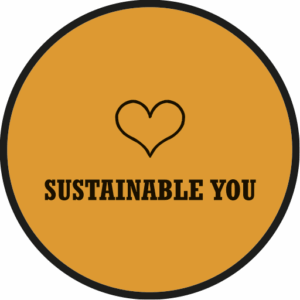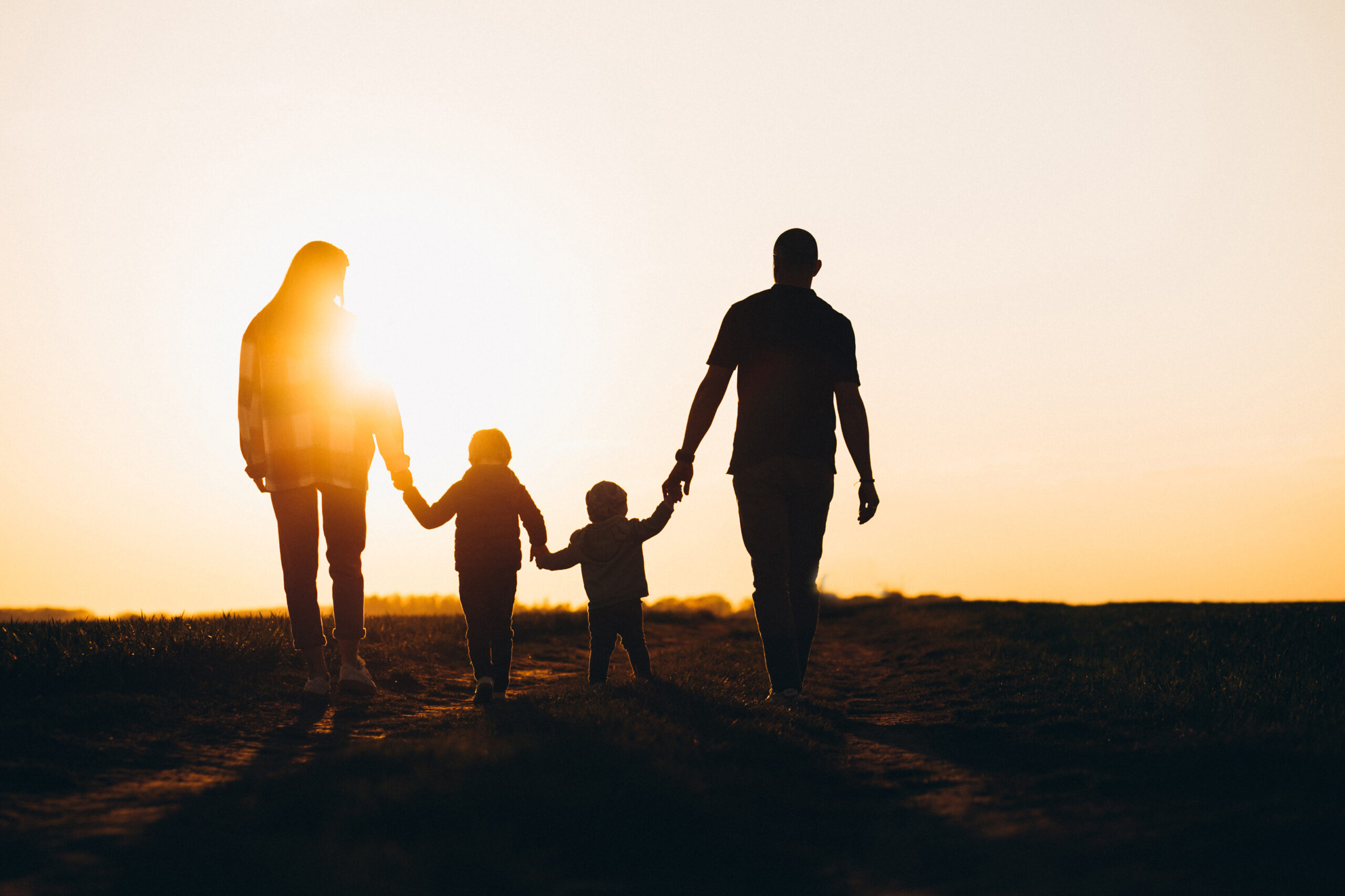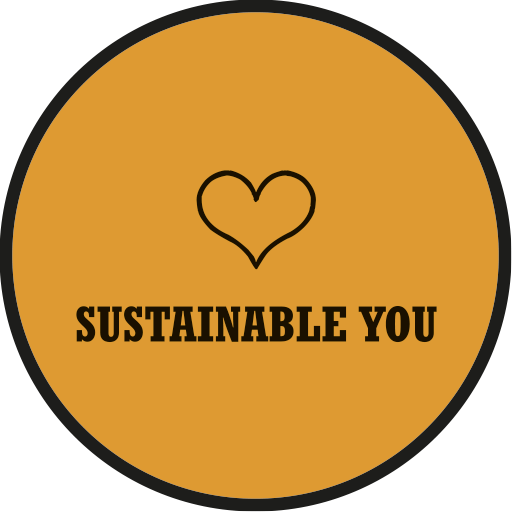

Welcome to your platform for holistic health and lifestyle.
Western culture tends to separate mind from body. We live imbalanced lives, causing disease for us and for our planet. A holistic approach is needed.

Test test
September 3, 2025

Seven A’s of healing trauma
July 13, 2025

When the body says no
June 3, 2025

40 tips for a holistic life
June 3, 2025
